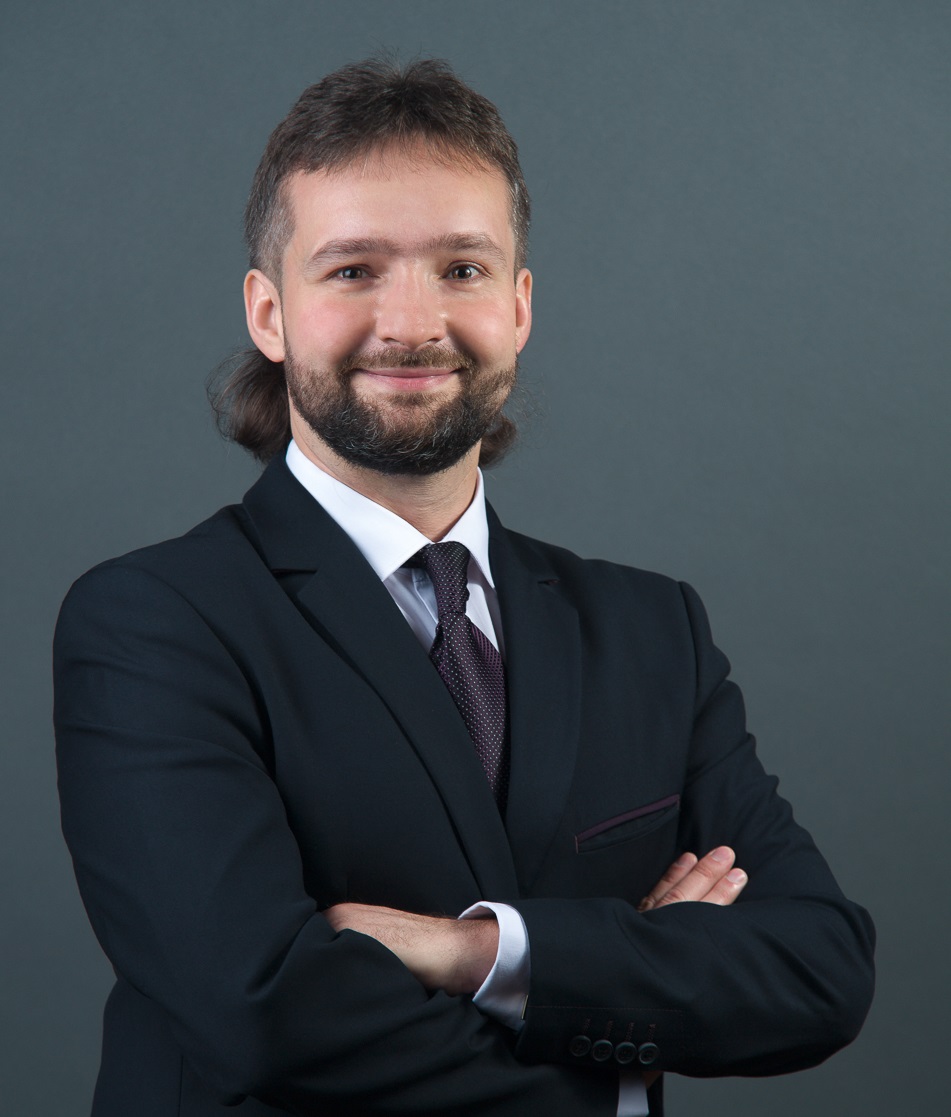Contact center of the Ukrainian Judiciary 044 207-35-46

On December 1, 2021, Stanislav Kravchenko, the President of the Criminal Cassation Court within the Supreme Court, and Dmytro Hudyma, the Judge of the Grand Chamber of the Supreme Court, took part in the X International Forum on the Case Law of the European Court of Human Rights. The event was co-organized by the OSCE Project Co-ordinator in Ukraine within the framework of the Project “Promoting Responsive Professional Judicial Education”, and the Council of Europe Project “Support for Judicial Institutions and Processes to Strengthen Access to Justice in Ukraine”, and jointly with the Law Faculty of Ivan Franko National University of Lviv, the Supreme Court, and the National School of Judges of Ukraine.
On behalf of the Supreme Court, Stanislav Kravchenko congratulated the participants of the event, thanked the project representatives for organizing the forum and noted the importance of its holding.
"Traditionally, every year we meet to discuss an important issue - the trends in the application of the case law of the European Court of Human Rights. The case law of the European Court of Human Rights is a guide for all member states of the Council of Europe in understanding the Convention for the Protection of Human Rights and Fundamental Freedoms and implementing its provisions in national legal systems," said Stanislav Kravchenko.
The President of the Criminal Cassation Court within the Supreme Court also said that in the last few years the judiciary had demonstrated a more professional attitude to the study and application of ECtHR case law. This is due, inter alia, to such measures as this international forum.
However, it is a matter of concern that the case law of the ECtHR is not always applied by the courts in a relevant manner. In addition, the number of the ECtHR judgments in relation to Ukraine has increased: in 2020 there were 83 judgments, in the eleven months of 2021 - 140. In order to remedy the increase in the number of applications to the Strasbourg Court, first of all, a systemic change in the approach to the implementation of ECtHR judgments is needed.
According to Stanislav Kravchenko, the Supreme Court carefully examines the case law of the European Court of Human Rights. Thus, the Supreme Court publishes monthly reviews of the case law of the European Court of Human Rights, which contain information on the most important decisions adopted by the Strasbourg Court, and their descriptions.

Dmytro Hudyma, the Judge of the Grand Chamber of the Supreme Court, devoted his speech to the realisation of the judgments of the European Court of Human Rights in the case law of the Supreme Court. In particular, the speaker described some of the challenges that arose when the Grand Chamber of the Supreme Court considered applications for the review of national courts' decisions in connection with the ECtHR judgments on Ukraine’s violation of international obligations.
According to Dmytro Hudyma, during 2018–2021, the Grand Chamber of the Supreme Court adopted 103 resolutions on the merits of such applications for review. The Chamber granted 24 applications in full, 28 in part, and rejected 51 applications. In addition, the Grand Chamber of the Supreme Court closed 20 proceedings, rejected the opening of 143 proceedings, 75 applications were returned, one was left without consideration, and another was rejected.
In 2021 (as of December 01), the Grand Chamber of the Supreme Court examined 11 proceedings on the merits: three were granted in full, seven in part and one was rejected. Five more applications are pending.
"The Grand Chamber of the Supreme Court has determined when, in the event of violations by Ukraine of international obligations established by the European Court of Human Rights, it is not in a position to decide at all on the question of the review of judicial decisions. In particular, these are situations when the ECtHR either found violations that can be eliminated only by taking general measures, or these violations do not apply to the person who applied to the Grand Chamber of the Supreme Court with an application for review, or are not related to the case whose judgment review is requested by the applicant. Or the violations established by the ECtHR consist only in the excessive length of the consideration of the case or the failure to comply with the court decisions adopted in it at the national level,” the speaker noted.
Dmytro Hudyma stressed that several years of experience had shown certain shortcomings of those provisions of the procedural codes that were applicable to the review of decisions of national courts in exceptional circumstances in connection with the ECtHR decisions.
One of the shortcomings concerns the timing of the respective proceedings at the national level. Thus, it is impossible to meet the 30-day period provided by the Civil Procedure Code of Ukraine (the CPC), the Economic Procedure Code of Ukraine (the EPC) and the Code of Administrative Procedure of Ukraine (the CAP) for consideration of the application, as the time spent on retrieving case materials usually exceeds the statutory period for review. Practice also shows that the two-month time limit for criminal proceedings is insufficient. It would therefore be advisable to extend the time frame.
The problem is to regulate the receipt by the court of an authentic translation of the ECtHR judgment. According to the provisions of the CPC, EPC and CAP of Ukraine, the requirement of such a translation depends on the availability of the relevant request. At the same time, the Criminal Procedural Code of Ukraine does not provide for the requirement of an authentic translation of the ECtHR judgment, even if there is a request. Therefore, in the opinion of the speaker, it is advisable to standardize the powers of the court on such a requirement in all cases, and not only according to the relevant request.
In addition, the judge proposed to provide for the possibility of considering the relevant applications for the review of court decisions in civil, commercial and administrative proceedings without a court hearing (in written proceedings). There are many cases of adjournment of court hearings due to improper notification of the participants in the case or their failure to appear for valid reasons. Whereas from the judgment of the European Court of Human Rights it is exactly clear what actions the court must take to implement it. And these actions of the court do not depend on the oral explanations of the participants in the case during the court hearing, because they are based on the judgment of the European Court of Human Rights.
The judge spoke about the resolutions of the Grand Chamber of the Supreme Court, which it adopted in 2021 based on the results of consideration of applications for the review of judicial decisions in connection with the recognition by the ECtHR of violations of Ukraine's international obligations. In his presentation, he mentioned the cases of Satanovska and Rodgers v. Ukraine, Chernega and Others v. Ukraine, Filozofenko v. Ukraine, Levchuk v. Ukraine, Skomorokhov v. Ukraine, Chernov v. Ukraine, Shumanskyy v. Ukraine, Goryaiynova v. Ukraine, Galamay v. Ukraine and Stetsov v. Ukraine.